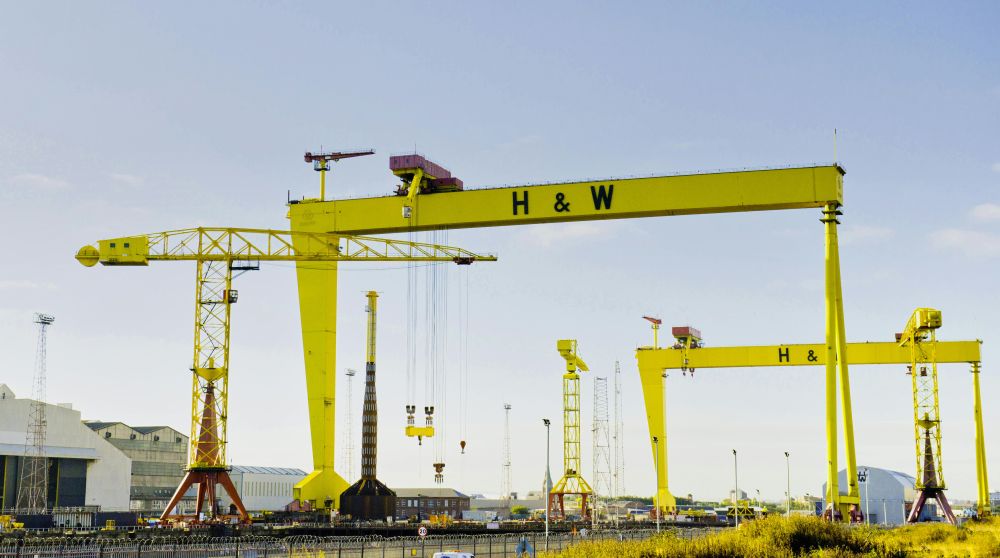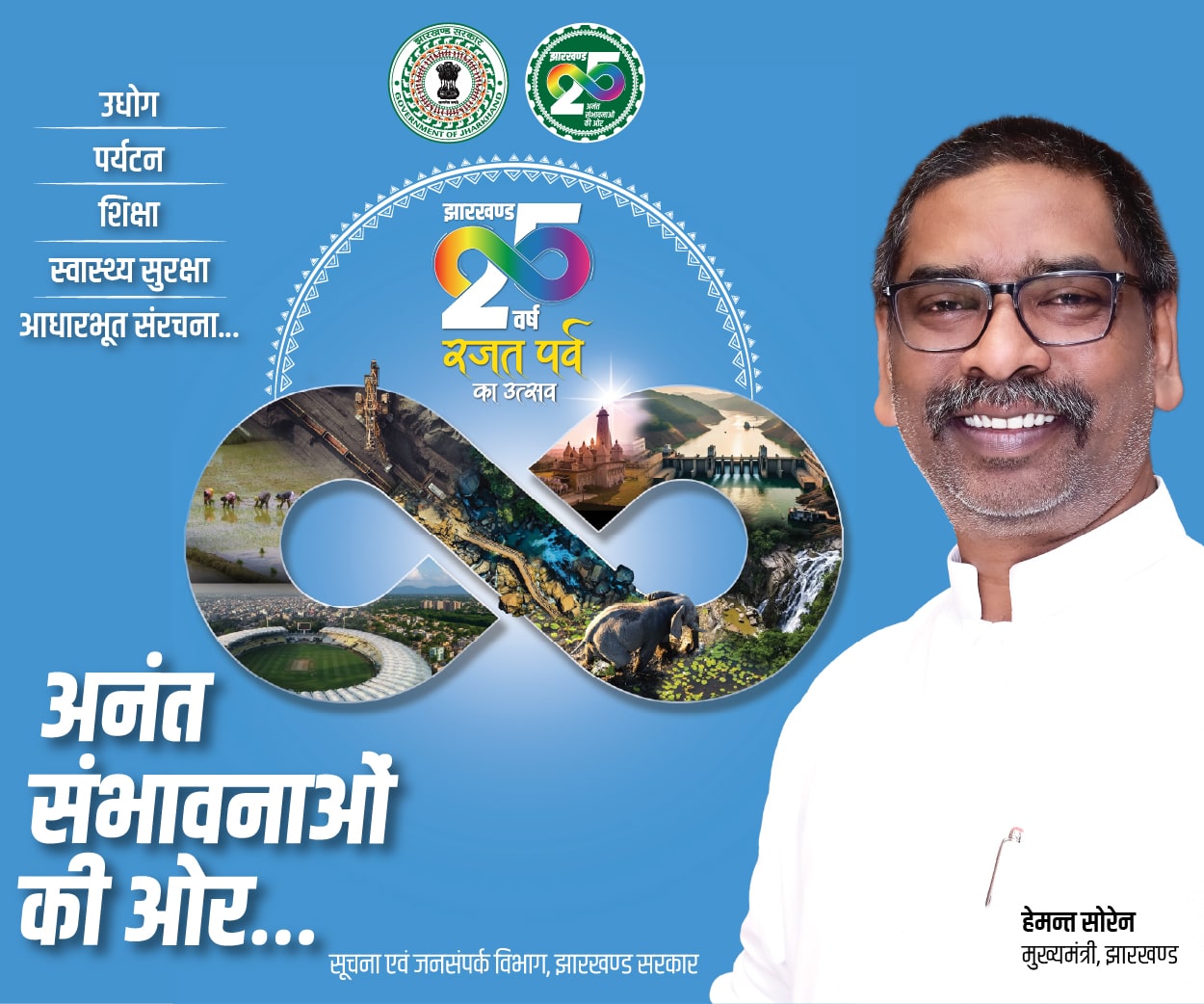




*Representational image
A historic chapter in India’s maritime journey was written in Bhavnagar on 19th September 2025, when a MoU Exchange Ceremony took place on the eve of the “Samudra Se Samriddhi – Transforming India’s Maritime Sector” event.
The MOU’s were signed on 18th September, 2025 in the presence of Prime Minister Narendra Modi and among others by Shri Sarbananda Sonowal - Union Minister of Ports, Shipping and Waterways, Dr Mansukh Mandaviya.
The MoU ceremony showcased India’s integrated vision for maritime growth , covering new port infrastructure, shipping, shipbuilding clusters, global shipyard partnerships, financing mechanisms, innovative maritime investment, sustainable projects such as water metros and green tugs, as well as heritage-linked initiatives like the lighthouse museum.
With their collective industrial, socio-economic, and strategic impact, these projects are set to re-position India as a leading global maritime and shipbuilding hub in the next decade, advancing the national resolve of an Atmanirbhar Bharat.
These agreements pertained to port development and capacity augmentation. A landmark MoU was signed between Paradip Port Authority, Visakhapatnam Port Authority, Sagarmala Finance Corporation Limited, and the Government of Odisha for the development of a new port at Bahuda, with a capacity of 150 million tonnes per annum proposed to be developed on more than 6,700 acres of coastal salt land that have been designated for maritime use, this project is expected to attract an investment of around ₹21,500 crore. It will act as an anchor for port-led industrialisation, logistics parks, and manufacturing clusters across Odisha and northern Andhra Pradesh. The Port is expected to provide direct and indirect employment opportunities to nearly 25,000 people while catalysing new waves of industrial and infrastructure development in eastern India.
Simultaneously, attention was also directed towards sustainable transport solutions, with the signing of an MoU between the Inland Waterways Authority of India and the Government of Bihar for a Water Metro Project in Patna. Valued at approximately ₹908 crore, this collaboration proposes to deploy energy-efficient electric ferries, develop modernised terminals, and integrate urban waterways with multimodal systems of public transport. Ten strategically identified terminal points along four potential routes in Patna will reconfigure how citizens travel across the river city, while the project will stand as a pilot for similar initiatives in other Indian cities.



